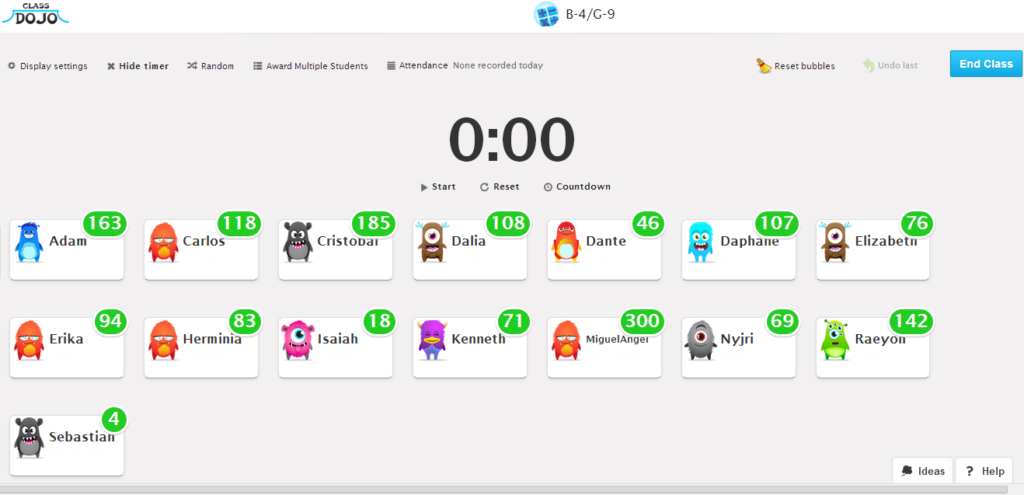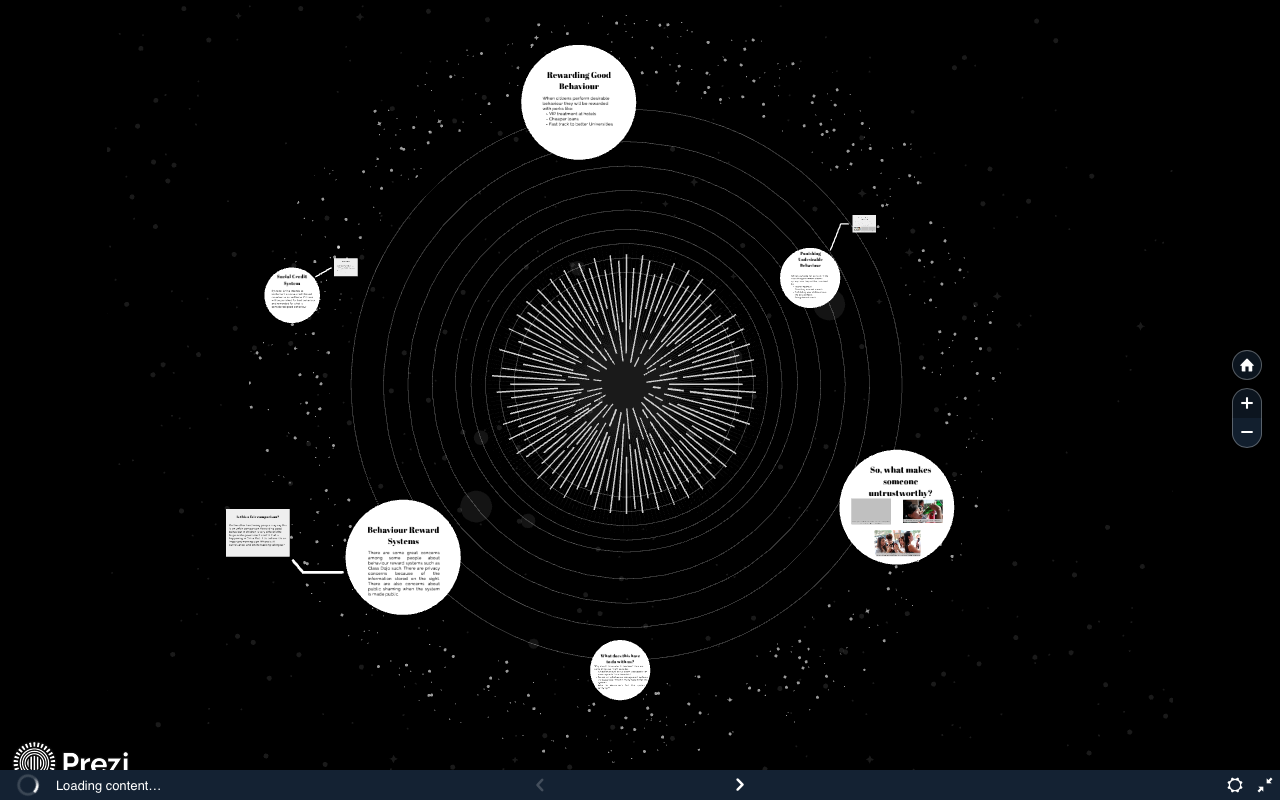At first glance, some may find this article about the Chinese Social Credit system set to fully role out in  2020 not directly relatable to education in the Western world. It reads as the script of a Black Mirror episode (in fact, it eerily reflects this particular episode.) The basic idea is that the State will use their vast surveillance system to give citizens a social credit score. Citizens will receive rewards for higher scores, while those with lower scores will receive punishments. An example of a punishment would be blocking them from flights and high-speed rail – i.e. restricting their movement.
2020 not directly relatable to education in the Western world. It reads as the script of a Black Mirror episode (in fact, it eerily reflects this particular episode.) The basic idea is that the State will use their vast surveillance system to give citizens a social credit score. Citizens will receive rewards for higher scores, while those with lower scores will receive punishments. An example of a punishment would be blocking them from flights and high-speed rail – i.e. restricting their movement.

While it seems this is happening a world away, this is something we should be examining. The State is controlling behaviour of their citizens with a behaviour reward system. It sounds a lot like the type of systems many teachers are using, like Class Dojo, to manage behaviour in their own classes.
Before reading this article, I didn’t think much about tools like Class Dojo. I thought they might be helpful tools but had thought very critically about them. After reading more about China’s social credit system, I can see some real dangers in this type of system in a micro-culture like a classroom. There are three major issues that it has illuminated for me: how do we decide what behaviours are acceptable, is it okay to publicly (or even privately) shame students for their behaviour, and what kind of biases do we have towards students because of the people they spend time with?
As teachers, how do we decide exactly what behaviours are acceptable? While examining the social credit system in China, this was one of the things that struck me. Who decides what is proper moral behaviour? In the classroom this looks different than what we might see on a grander level. For instance, if a student continuously stands up and walks about the classroom, many teachers may decide this is undesirable behaviour. They may loose points on their class dojo. BUT, what if this student thinks best while moving.
The second issue this brings up is the idea of shaming students. The social credit score publicly shames and assigns a number to someone based on their behaviour. This number is likely very difficult to change once it goes too far one way or the other. This is similar to a student in a classroom. If we are using systems like Class Dojo are we labeling students with a number and shaming them publicly. How difficult do we make it for students to turn their behaviour around and start over?
The last point I’d like to make is that one of the behaviours that will have an impact on social credit score in China is who you are friends with and spend time with. Even if your friends post something negative on social media about the government, you will loose points for it. Do we punish students for who they are spending time? Or more likely, are we biased towards them because of the people they spend time with?
While I believe things like Class Dojo are still a far cry from the system that is rolling out in China, I think it is something we should be examining. How do you view behaviour management systems in the classroom? Do you think they are similar at all to the surveillance systems that exist in China? Or are we going to far in this comparison?
Click below to view my Prezi!

